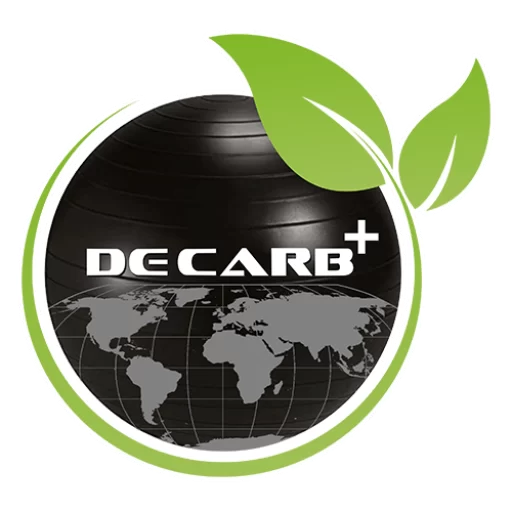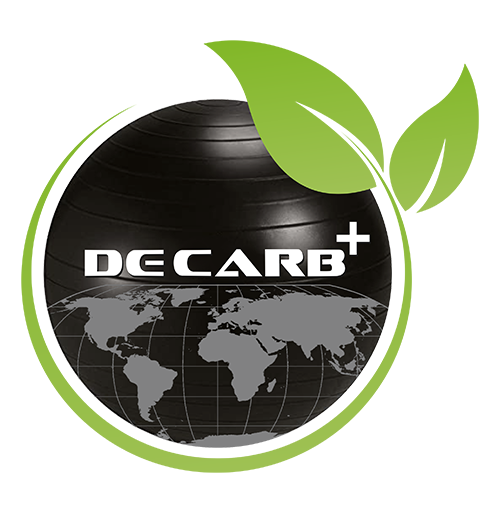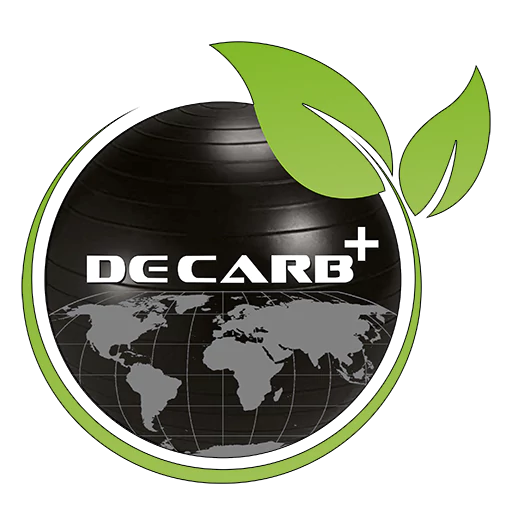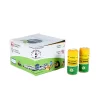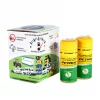
The rise of the global fuel additives market
The fuel additives market is forecast to grow at a CAGR of 5.5% from 2018 to 2023, according to a report by MarketsandMarkets. This growth can be attributed to the rising demand for fuel additives from the automotive and transportation industry. Fuel additives are used in various applications, such as engine performance, deposit control, corrosion protection, etc. They help improve the overall efficiency of the engine and extend its life. Additionally, fuel additives help reduce emissions and improve the quality of fuel. With the increasing concerns over environmental pollution and climate change, fuel additives demand will continue to rise in the coming years.
What are fuel additives?
Fuel additives are chemicals that are added to gasoline or diesel to improve fuel quality and engine performance. There are many different fuel additives, each with a specific purpose. The most common fuel additives include:
-octane boosters: these increase the fuel’s octane rating, making it less likely to knock or ping under high loads.
-detergents keep the injectors clean and prevent build-up on engine parts.
-corrosion inhibitors: these protect metal parts from corrosion caused by ethanol in the fuel.
-lubricants: these reduce friction and wear in the engine.
The global fuel additives market is expected to grow significantly in the next few years due to increasing demand from the automotive industry.
The global fuel additives market
The global fuel additives market is expected to grow at a CAGR of 5.5% from 2018 to 2023. The market is driven by increased demand for fuel additives from the transportation and automotive industry and the need for better fuel economy and emission reduction. Fuel additives are used in both petrol and diesel engines.
The transportation sector is the largest consumer of fuel additives. The automotive industry uses fuel additives to improve engine performance, reduce emissions, and fuel economy. Fuel additive used in the aviation industry is also increasing due to the need for cleaner burning fuels and improved engine performance.
The Asia-Pacific region is the largest market for fuel additives, followed by North America and Europe. The Asia-Pacific region is expected to grow at the highest CAGR during the forecast period due to rapid industrialization and urbanization in countries such as China, India, Japan, and South Korea.
The benefits of using fuel additives
One of the most popular fuel additives is octane booster. Octane boosters improve the quality of the fuel by increasing the octane rating. This allows engines to run more efficiently and produce fewer emissions. Octane boosters also help prevent knock, which can damage engines.
Another popular fuel additive is detergent. Detergents keep engines clean by preventing deposits from forming on engine parts, and this helps to improve engine performance and efficiency. Additionally, detergents can help extend the life of an engine by reducing wear on engine parts.
Conclusion
The global fuel additives market is expected to grow significantly in the coming years. This growth is driven by the rising demand for better fuel economy and efficiency and the need to reduce emissions. Fuel additives can help achieve these goals by improving combustion, lubrication, and stability. As more countries adopt stricter environmental regulations, the demand for fuel additives will continue to rise.
